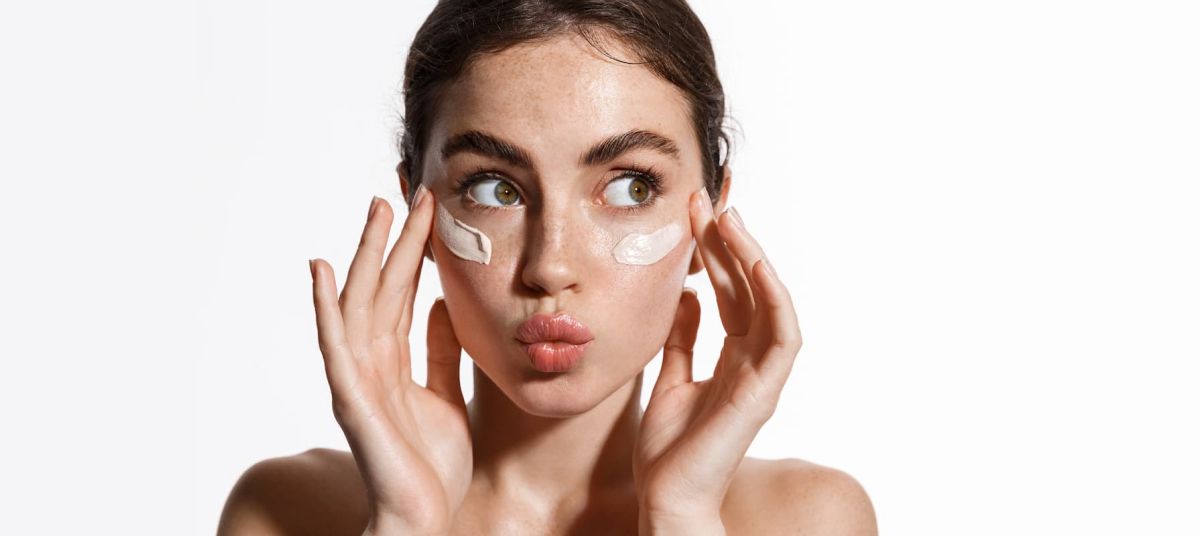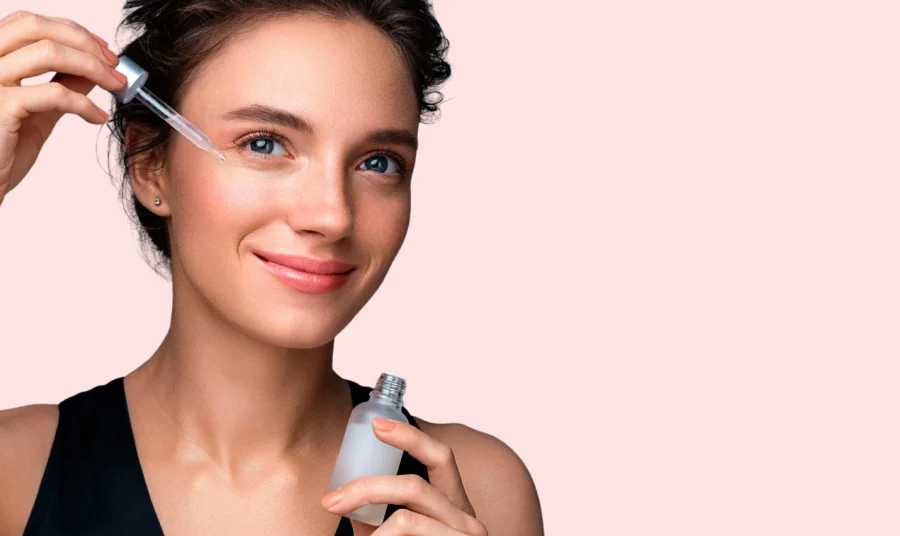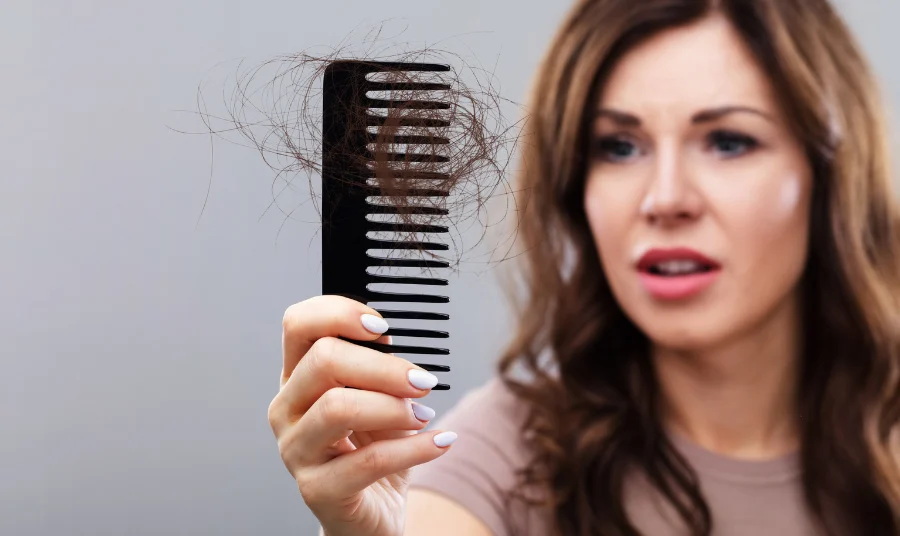Ever wondered what makes retinol so magical? Let’s dive into what it really is and whether you should add it to your skincare routine!

The Magic of Retinol: What It Is and Who Needs It?
As the fall season approaches, you might hear more about retinol. Beauty influencers and cosmetic stores often claim it’s essential for your skin, promising a miracle transformation. Wrinkles, acne, dullness, pigmentation—retinol is marketed as the solution to almost every skincare concern. It sounds like the ultimate must-have and even a skincare panacea.
But is that really the case? And does your skin actually need it?
Let’s break it down.
What Is Retinol?
We often use “retinol” to describe all types of retinoids, but that’s not entirely correct. Retinoids are a group of Vitamin A derivatives, and retinol is just one of them. Other forms include retinyl acetate, retinaldehyde, and retinoic acid.
The key thing to understand is that only retinoic acid is bioavailable to the skin, meaning it’s the only form the skin can use directly. All other types must go through several chemical conversions to become retinoic acid (tretinoin), enabling them to interact with skin cell receptors and deliver the expected “magic” results.
Why Are Retinoids Special?
Retinoids have a unique ability to work on a cellular level, targeting cells with a nucleus, such as keratinocytes, melanocytes, and fibroblasts. This means they can address a wide range of skin concerns, including:
- Acne and breakouts
- Hyperpigmentation and dark spots
- Post-acne
- Signs of aging: wrinkles, dullness, and loss of firmness
What They Do:
- Speed up skin cell renewal for smoother, clearer skin
- Regulate oil production to reduce shine and clogged pores
- Reduce inflammation and prevent breakouts
- Brighten pigmentation and even out skin tone
- Stimulate collagen production for firmer, plumper skin
The Hidden Challenges of Retinoids
Retinoids can truly deliver a “wow” effect, but they need to be used with caution. Here are key points to keep in mind before incorporating them into your routine:
- Mixing with Other Actives:
Retinoids shouldn’t be combined with other actives like acids or Vitamin C in the same routine. Alternate them or use retinoids only at night. - Redness and Peeling:
At the beginning, expect side effects such as redness, dryness, peeling, and irritation. This is part of the skin’s natural adaptation process. Start with low concentrations and gradually increase frequency. Investing in high-quality products can also reduce unwanted reactions. - Increased Sun Sensitivity:
Retinoids make your skin more sensitive to UV rays. Daily SPF application is a must (especially during sunny seasons) to avoid hyperpigmentation and sun damage. - Not for All Skin Types:
Retinoids can be too harsh for very sensitive or dry skin. If you have a history of dermatitis or eczema, consult a dermatologist before using them. - Patience Is Key:
Many expect instant results from retinoids, but these components work gradually. It can take weeks or even months before noticeable improvements appear, but patience is well worth it.
When Is Retinol a No-Go?
While retinol can be highly effective, there are certain cases where it’s best to avoid it entirely:
- Pregnancy and Breastfeeding:
Retinoids, including retinol, can affect fetal development and should be avoided during pregnancy, breastfeeding, or even while planning to conceive. - Sensitive or Irritated Skin:
If your skin is prone to irritation, redness, dermatitis, eczema, or rosacea, retinol may worsen the situation. - Fresh Burns or Open Wounds:
Recently burned or injured skin shouldn’t be exposed to retinol, as it can cause irritation and slow down the healing process. - Skipping SPF Protection:
If you’re not ready to apply sunscreen daily, retinol is not for you. Its use without SPF can cause pigmentation and serious skin damage. - Allergies or Intolerance:
Although rare, some people are allergic to retinoids. If you experience itching, swelling, or a rash after using retinol, stop using it and see a dermatologist.
In fact, there are very few cases where using retinoids is truly necessary and justifies the potential side effects. The modern beauty market offers a wide range of powerful actives that can address various skin concerns just as effectively. So, choosing retinoids specifically for pigmentation issues or occasional breakouts (not to be confused with persistent acne) doesn’t make much sense.
Can retinoids give you that sought-after “wow” effect? Absolutely.
Are they a must-have for everyone? Not really.



2 Comments